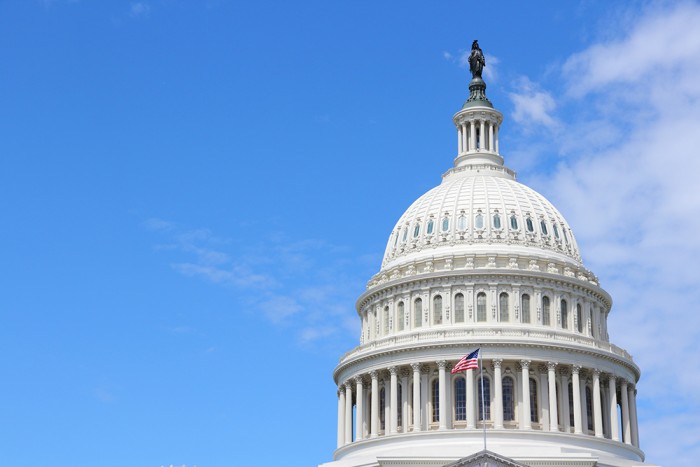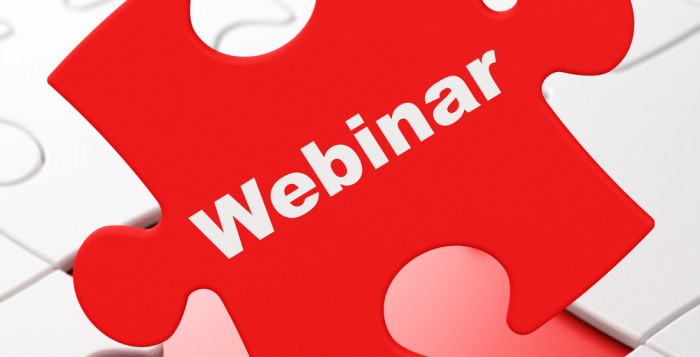FOR IMMEDIATE RELEASE
March 27, 2020
Harrisburg, PA – Today, Governor Tom Wolf issued a statement to reassure all Pennsylvanians that essential services critical to the lives, health and safety of vulnerable populations will continue regardless of actions taken to slow the spread of COVID-19.
“Under no circumstances will this administration withdraw life-sustaining services from Pennsylvanians who depend on these support systems,” Gov. Wolf said. “My commitment to maintaining essential services is uncompromised by the COVID-19 pandemic. We will not abandon older adults, individuals with disabilities, low-income families, children or any other vulnerable population during this challenging time. This administration will continue to do everything in our power to ensure that the most vulnerable among us continue to receive the services and supports they need and on which they depend.”
Specifically, the governor cited the following services and supports that will continue throughout the COVID-19 response regardless of mitigation strategies or the severity of the situation:
- Food assistance through charitable food networks, which are life-sustaining, essential services;
- Processing of applications and renewals for benefits, including the Supplemental Nutrition Assistance Program (SNAP), Temporary Assistance for Needy Families (TANF), the Children’s Health Insurance Program (CHIP), and Medical Assistance as well as the Low Income Home Energy Assistance Program (LIHEAP) until the LIHEAP season ends on April 10.
- Prompt investigations of abuse and neglect complaints involving children, adults with disabilities and older adults
- Long-term care supports for older adults and individuals with disabilities served through providers licensed by the Department of Human Services’ Office of Long-Term Living, including personal care homes and in-home care providers;
- Home and community-based supports for individuals with intellectual disabilities and autism who receive services through providers enrolled with or licensed by the Department of Human Services’ Office of Developmental Programs;
- In-patient and out-patient behavioral health services for individuals with mental illness and substance use disorders through providers licensed by the Department of Human Services’ Office of Mental Health and Substance Abuse Services;
- High-quality care for individuals residing at state-operated facilities, including state centers, state hospitals, youth development centers and youth forestry camps;
- All services of the child-welfare system – including foster care, adoption, child abuse reporting and investigation – provided by the Department of Human Services’ Office of Children, Youth and Families (OCYF) and OCYF-licensed providers, including county agencies;
This is not an exhaustive list of services that will continue regardless of circumstances.
“This is an all-hands-on-deck operation to save lives and maintain essential services. I want to thank the workers on the front lines of this crisis and acknowledge the personal sacrifice many of them are making because they are dedicated to serving vulnerable populations,” said Department of Human Services Secretary Teresa Miller. “I also want to assure these workers that the Wolf Administration is focused on doing everything we can to support and protect you. Please know that your efforts are appreciated and we are committed to supporting you through this crisis.”
Visit the PA Department of Health’s dedicated Coronavirus webpage for the most up-to-date information regarding COVID-19.
Guidance to DHS providers related to COVID-19 is available here.
MEDIA CONTACT: Erin James, 717-425-7606
# # #
















